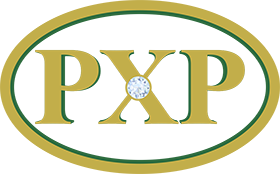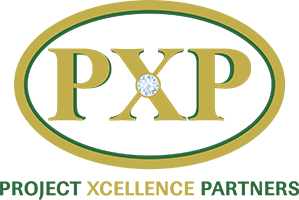Every project, no matter how well-planned, has risks of going off track. A Project Health Check is essentially a diagnostic exam… like an annual medical check-up, but for projects. It provides an independent, structured view of whether a project is fit and healthy …or quietly sliding toward trouble.
So, what exactly do we look for when we say we are checking the health of a project? Let’s break it down.
1. Alignment to Objectives 🧩
- The ‘Why’ test: Is the project still aligned to its original business case?
- Benefit realization: Are the intended outcomes still valid, measurable, and achievable?
- Projects can sometimes continue out of momentum rather than value. A health check helps ensure the project’s purpose has not drifted.
2. Stakeholder Engagement 🤝
- Are key stakeholders informed and supportive?
- Is there clarity on roles, responsibilities, and decision-making authority?
- If stakeholders feel disengaged or left in the dark, you have got a ticking time bomb. Healthy projects thrive on trust and open communication.
3. Governance & Control 🏛️
- Is there an effective Project Management Office (PMO) or governance structure?
- Are risks, issues, and changes being tracked and managed?
- Are decisions documented and escalations handled timely?
- Good governance is the immune system of a project… it detects, responds, and prevents problems before they spread.
4. Schedule Health 📉
- Is the project tracking to its key milestones?
- Are delays realistic, explained, and recoverable?
- Missed deadlines aren’t just a scheduling issue… they are symptoms of deeper planning, resourcing, or scope problems.
5. Budget & Financials 🪙
- Is the project burning through money faster than planned?
- Are cost forecasts credible?
- Healthy projects have strong financial discipline. Even if costs rise, they should rise with justification and with control.
6. Risk & Issue Management ⚠️
- Are risks identified, quantified, and actively mitigated?
- Are issues addressed promptly rather than parked?
- Projects that do not actively manage risks are like cars driving at night with the headlights off. Eventually, you will hit something.
7. Team Morale & Capability 🫂
- Is the team motivated, skilled, and adequately resourced?
- Are there hidden bottlenecks caused by overworked or under-skilled members?
- A demotivated team is an early-warning indicator. Burnout, confusion, or lack of capacity often show up before delays and overruns.
8. Quality & Deliverables ☑️
- Are deliverables meeting agreed standards and acceptance criteria?
- Is quality being built-in or only inspected at the end?
- If quality is compromised, rework and reputational damage follow quickly.
9. Communication & Transparency 📝
- Is reporting consistent, timely, and honest?
- Is bad news escalated early or buried until it is too late?
- Healthy projects have clear, unvarnished visibility. Leaders need facts, not spin.
10. Early Warning Signs & Red Flags 🚩
- Constant scope creep with no control
- Repeated missed deadlines
- Escalating budget without corresponding value
- High staff turnover
- Stakeholders losing interest
The Bottom Line 🩺
A Project Health Check is not about finding fault… it is about early detection and recovery. Think of it as preventive maintenance: cheaper and less painful than dealing with a breakdown.
A well-run health check gives project sponsors and leadership confidence that things are under control… or a reality check if they are not. More importantly, it provides a roadmap to corrective actions, ensuring the project delivers value, not just activity.
Tip: The best organizations embed periodic health checks into their project lifecycle: at initiation, mid-project, and pre-closeout… making them part of a culture of continuous improvement.


